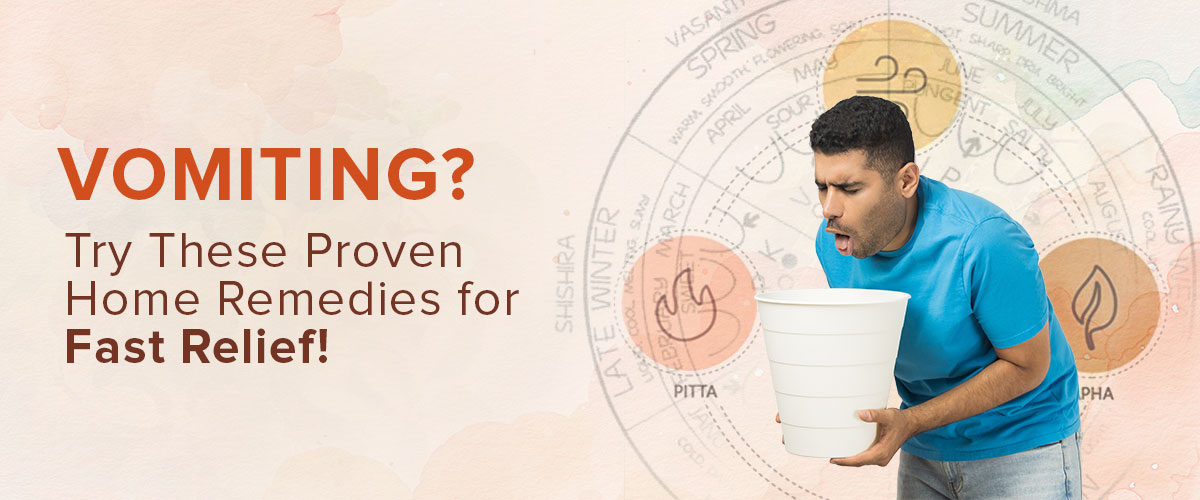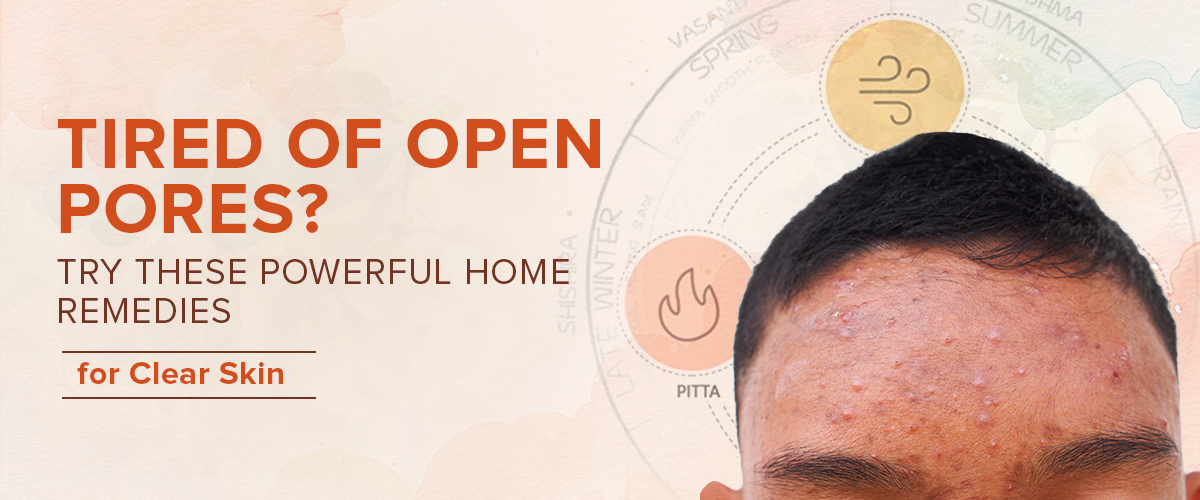Home Remedies for Fungal Infections

Fungal infections are a common condition that affect the skin, nails, and other parts of the body. It occurs due to the overgrowth of fungi in warm and moist environments. These infections can cause itching, redness, and irritation. It is common in the foot, scalp, and groin. Though fungal infections are usually not severe, they can be persistent and should be managed properly to prevent spreading or worsening.
Many people opt for natural remedies to treat fungal infections at home. Tea tree oil, apple cider vinegar, coconut oil, etc. are simple solutions that have antifungal properties and can treat the affected areas. It is equally important to maintain cleanliness, a balanced diet, and healthy lifestyle habits to avoid fungal infections.
What are Fungal Infections?
A fungal infection is a skin and body condition caused by microscopic fungi that thrive in damp and warm areas. They develop when fungi multiply too quickly and cause redness, itching, peeling, and sometimes swelling. Athlete's foot, ringworm, yeast infections, and nail fungus are common fungal infections. They can affect anyone, but individuals with weakened immunity, diabetes, or those frequently exposed to humid environments are more at risk.
Fungi are naturally present in the environment and on human skin. However, hygiene problems, excessive sweating, and wearing tight or damp clothes may cause infections. These fungal infections are usually not dangerous but can be annoying. It can also spread if left untreated. Proper skincare, good hygiene, and using natural remedies may help manage and prevent these infections.
What Causes Fungal Infections?
Fungal infections occur when fungi grow uncontrollably under favourable conditions. Warmth, moisture, and weakened immunity create an ideal environment for fungi to grow & spread. Although fungal infections are common and often mild, ignoring the cause may cause persistent or recurring problems. The causes of fungal infections are mentioned below.
Excessive Moisture: Fungi live in moist or humid environments. Wearing sweaty clothes for long periods, not drying off after a shower, or staying in wet footwear can encourage fungal growth. Feet, underarms, and groin are prone to infections due to excess moisture.
Poor Hygiene: Infrequent washing of the body, wearing unwashed clothes, or sharing personal items (such as towels and socks) can lead to fungal infections. Fungi can spread by direct or indirect contact, so hygiene is a preventive measure.
Weakened Immune System: A weakened immune system (from illnesses, medications, or stress) reduces the body's ability to fight off fungal infections. Individuals with diabetes, autoimmune diseases, or cancer are prone to fungal overgrowth.
Wearing Tight Clothing: Tight, non-breathable clothing traps sweat and heat and makes a good place for fungi to breed. Loose, breathable fabrics (such as cotton) can prevent fungal infections.
Use of Antibiotics: Long-term use of antibiotics can disrupt the balance of good bacteria and fungi in the body. It can cause fungi to multiply unchecked and result in infections (including oral thrush or yeast infection).
Home Remedies and Tips
Fungal infections are uncomfortable and persistent, but many natural remedies can control and prevent them. Home remedies are a gentle way to fight fungal growth and reduce symptoms. The following are some well-known home remedies and tips for tackling fungal infections naturally.
Soap and Water: A simple method to manage fungal infections is to frequently clean the affected area with mild water and soap. This removes sweat, dirt, and excess moisture that fungi thrive on. Dry the skin thoroughly (especially areas like feet, underarms, and groin) after washing to avoid promoting fungal growth.
Apple Cider Vinegar: Apple cider vinegar is a popular natural remedy. It has antifungal properties. Dilute some apple cider vinegar with water. Apply it to the infected area. It can help restore the skin’s natural pH balance and prevent fungal growth. Undiluted apple cider vinegar can cause irritation.
Tea Tree Oil: Tea tree oil has powerful antifungal & antibacterial properties. It can help reduce itching and inflammation. It is effective for conditions like athlete’s foot and nail fungus. Dilute a few drops of tea tree oil with a carrier oil. You can use coconut or olive oil. Apply the diluted mixture to the affected area for relief.
Coconut Oil: Coconut oil contains medium-chain fatty acids (such as lauric acid) that can fight fungal infections. Coconut oil also moisturises the skin. It cures ringworm and yeast infections. Apply coconut oil regularly to the infected area.
Turmeric: Turmeric contains curcumin, which has natural antifungal and anti-inflammatory properties. Make a paste made of turmeric powder and water. Apply it directly to the affected area. It will soothe itching and reduce fungal growth.
Aloe Vera: Aloe vera has soothing and healing properties. The gel from the aloe vera plant could be applied directly to the infected area to hydrate the skin & reduce irritation. Aloe vera also possesses antifungal properties, making it a great natural option for treating mild infections.
Oregano Oil: Oregano oil contains antifungal compounds (such as carvacrol and thymol). It can inhibit fungal growth. Dilute oregano oil with a carrier oil and apply topically to affected areas.
Neem Leaves: Neem has antifungal and antibacterial properties. Boil neem leaves in water and use the cooled liquid as a skin rinse. It can help soothe irritation and reduce fungal growth.
Baking Soda: Baking soda can cure fungal infections and keep the feet dry. Sprinkle baking soda in shoes and socks. It will help absorb moisture and prevent fungal growth. You can mix baking soda with water to create a paste. Apply the paste directly to the skin for relief from itching and irritation.
Saltwater Soak: Soaking the affected area in salt water can help cleanse the skin and reduce fungal growth. This remedy is useful for fungal nail infections & athlete’s foot. A 15-minute soak in warm salt water can provide relief.
Lemon Juice: The acid in lemon juice can cure fungal infections. Fresh lemon juice can stop the fungal growth and itching. However, lemon juice may sting (especially on broken skin) and increase sensitivity to sunlight. So, use it with caution.
Lifestyle and Diet Recommendations
A healthy lifestyle can help prevent fungal infections from taking hold by minimising the conditions in which fungi thrive. You can follow the below-mentioned lifestyle habits:
Maintain Proper Hygiene: Wash your body frequently with mild soap and water, especially after sweating. Dry your skin thoroughly, focusing on moist areas like feet and underarms. Avoid sharing personal items (like towels, socks, or shoes) to prevent the spreading of infections.
Wear Breathable Clothing: Choose loose-fitting, breathable fabrics (such as cotton) to let air flow and prevent moisture buildup. Avoid tight and synthetic clothing. It traps sweat and heat and creates a favourable environment for fungi.
Keep Your Feet Dry: Change socks regularly & wear moisture-wicking socks if your feet sweat excessively. You can use antifungal powders in shoes and avoid wearing damp footwear for longer periods.
Manage Stress: High-stress levels can lower immune resistance. It makes the body more susceptible to fungal infections. You can practice meditation, deep breathing, or yoga for relaxation.
Exercise Regularly: Regular exercise increases blood flow and boosts the immune system. Shower after workouts and change into dry clothes to maintain hygiene.
Diet for Fungal Infection
Your diet helps improve your immune system and keep fungal infections from developing in your body. Below is a list of food items that you should include and avoid in your diet to maintain a healthy balance of bacteria and fungi.
Eat Probiotic-Rich Foods: Include yoghurt, kefir, and fermented foods to promote good bacteria that can fight against fungal overgrowth.
Reduce Sugar Intake: High sugar consumption can promote fungal growth (especially yeast infections). Limit processed sugars, sodas, and high-carb foods to prevent feeding the fungi.
Incorporate Antifungal Foods: Include organic antifungal food items in your diet (like cumin, ginger, turmeric, and avocado oil). These ingredients fight infections and support overall health.
Stay Hydrated: Drink a lot of water to flush toxins and hydrate the skin. Proper hydration supports skin elasticity and helps avoid dryness that causes infections.
Boost Vitamin Intake: Ensure adequate intake of vitamins C and E. It supports the immune system and skin health. Include citrus fruits, leafy greens, and nuts to strengthen your body's defence against infections.



 Prev
Prev





























